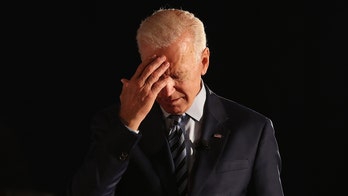Here is some historical perspective on Congressional War Powers Resolution lawsuits.
In the late 1990s, a number of lawmakers filed suit against President Bill Clinton's Administration for the use of air strikes against Serbia in the former Yugoslavia.
Similar to the Libya operation, these air strikes on Belgrade were conducted under the U.N.'s auspices.
The U.N. famously and mistakenly also bombed the Chinese embassy in Belgrade during this action.During this time the president made a number of reports to Congress "consistent with the War Powers Resolution" regarding the use of U.S. forces, but never cited Section 4(a)(1), and thus did not trigger the 60 day time limit in the War Powers Act.
The opinion in Congress was divided and many legislative measures regarding the use of these forces were defeated without becoming law.
Frustrated that Congress was unable to pass legislation challenging the President's actions, Rep. Tom Campbell, R-Calif., and other Members of the House filed suit in the Federal District Court for the District of Columbia against the president.
They charged that he had violated the War Powers Resolution, especially since 60 days had elapsed since the start of military operations in Kosovo.
The president noted that he considered the War Powers Resolution constitutionally defective. The court ruled in favor of the president, holding that the Congressional members lacked legal standing to bring the suit.
This decision was affirmed by the U.S. Court of Appeals for the District of Columbia in Campbell v. Clinton, 203 F.3d 19 (D.C. Cir. 2000).
The U.S. Supreme Court refused to hear an appeal from this decision, in effect letting it stand.




